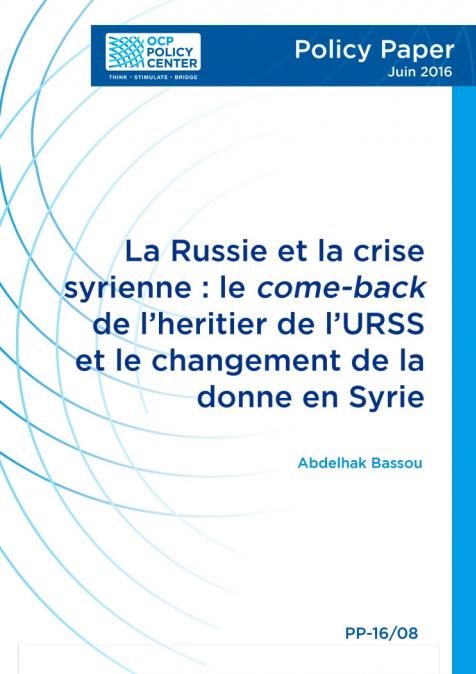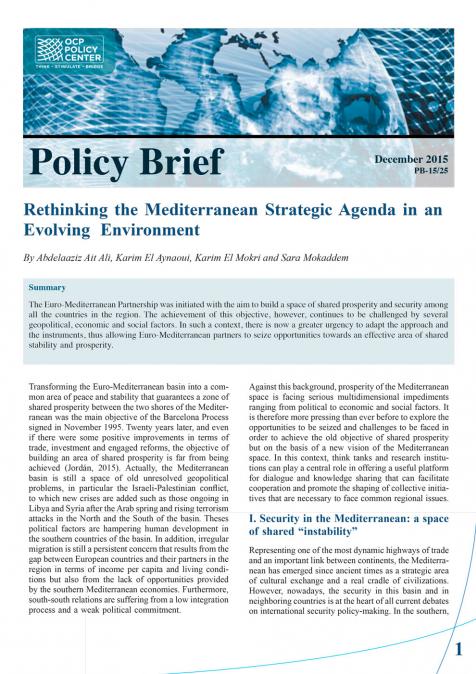Publications /
Book / Report
Book / Report
Dialogues Stratégiques Volume X: Les rivalités de puissance en Afrique - L’Afrique face au terrorisme
October 28, 2021
Depuis l’accession au trône du Roi Mohammed VI, l’Afrique s’est transformée en priorité de la diplomatie marocaine. Sur le plan économique, l’Afrique est devenue le prolongement naturel du Maroc en termes d’investissements et d’implantations. Pascal Chaigneau s’attarde sur les relations affaiblies Europe-Afrique, l’ambitieuse relation Chine-Afrique ainsi que les relations entre la Russie, les Etats-Unis, la Turquie ou encore les pays du Golf et l’Afrique. Ce chapitre traite également de l’Afrique orientale comme cas d’école. Cette région est devenue au cours de ces derniers mois un condensé des stratégies d’influence des acteurs extérieurs.
- Dialogues Stratégiques : Volume IX
- Dialogues Stratégiques : Volume VIII
- Dialogues Stratégiques : Volume VII
- Dialogues Stratégiques : Volume VI
- Dialogues Stratégiques : Volume V
- Dialogues Stratégiques : Volume IV
- Dialogues Stratégiques : Volume III
- Dialogues Stratégiques : Volume II
- Dialogues Stratégiques : Volume I









